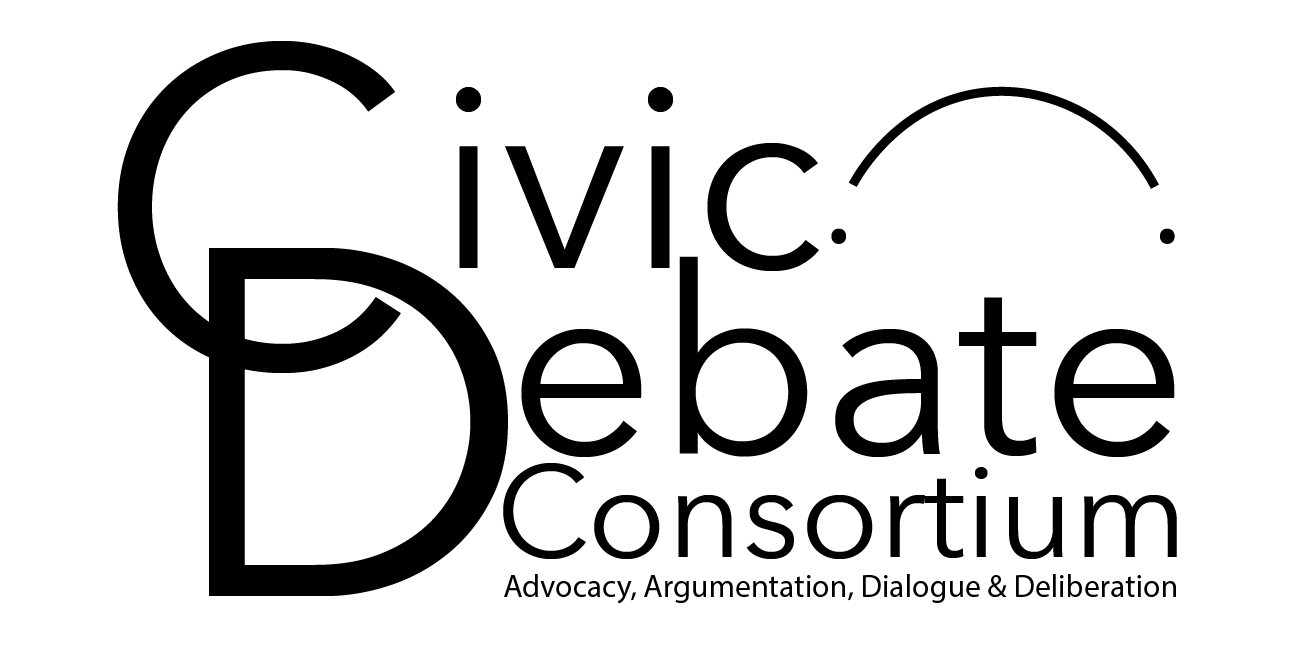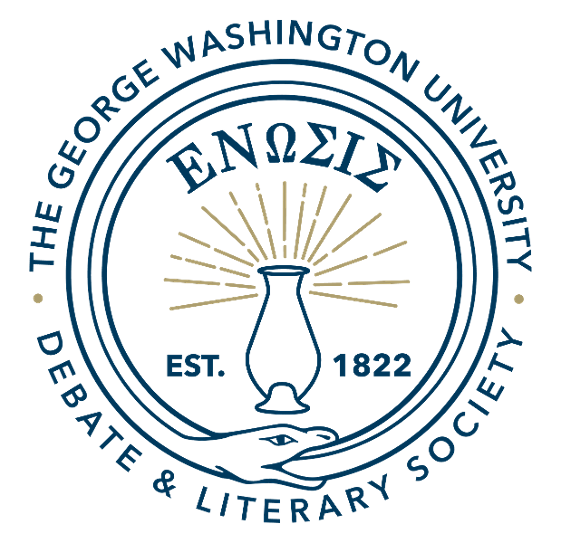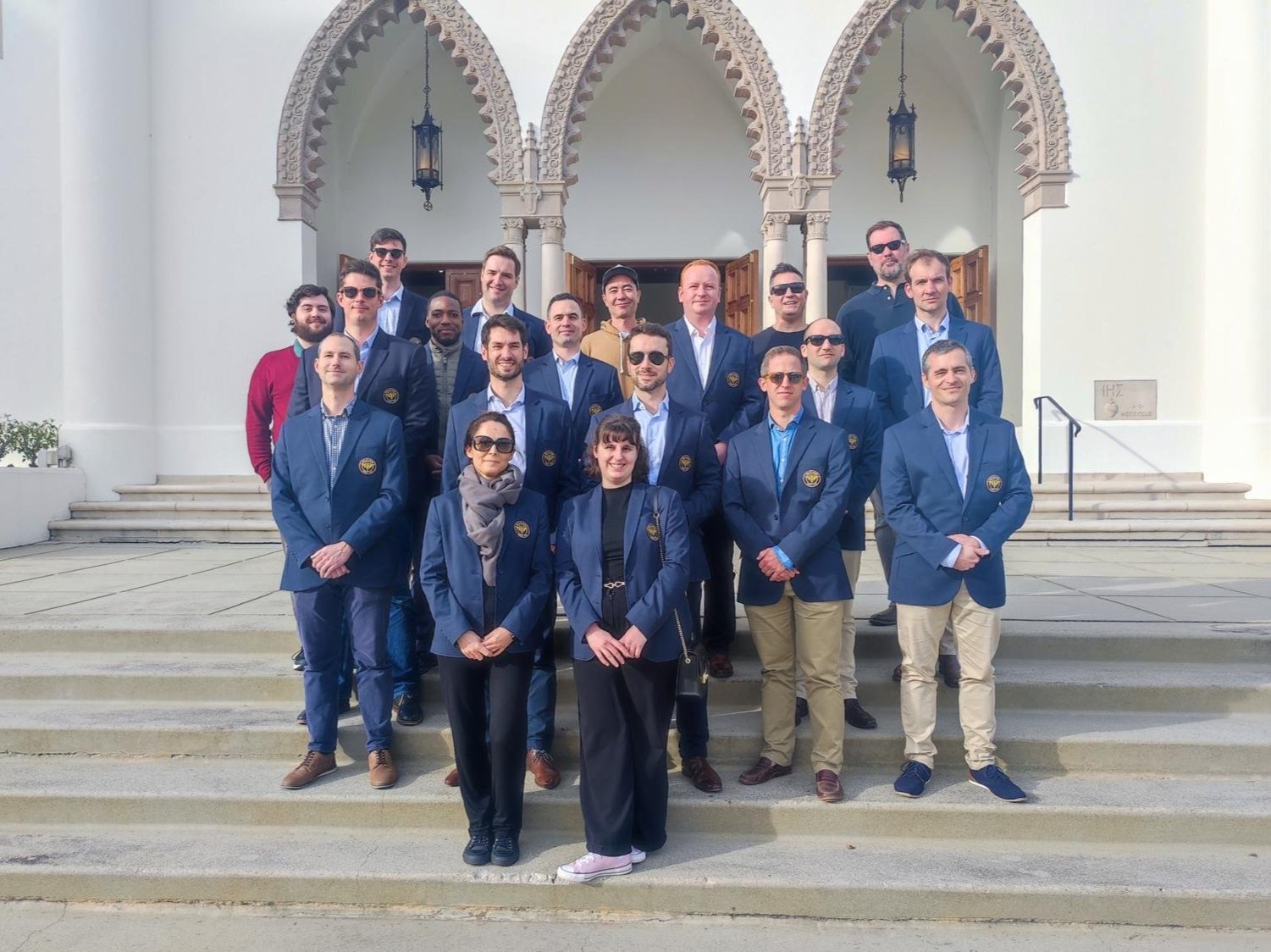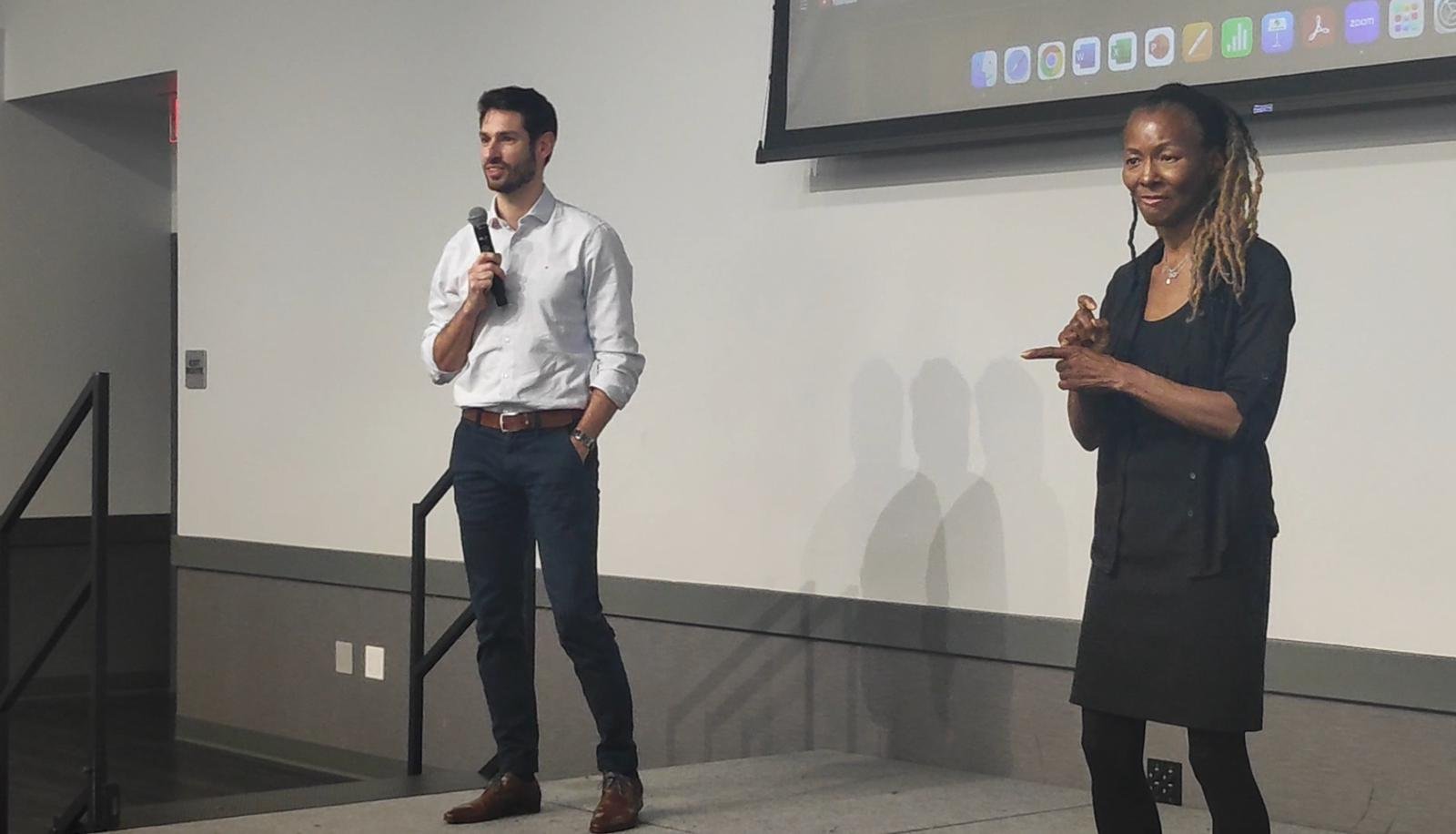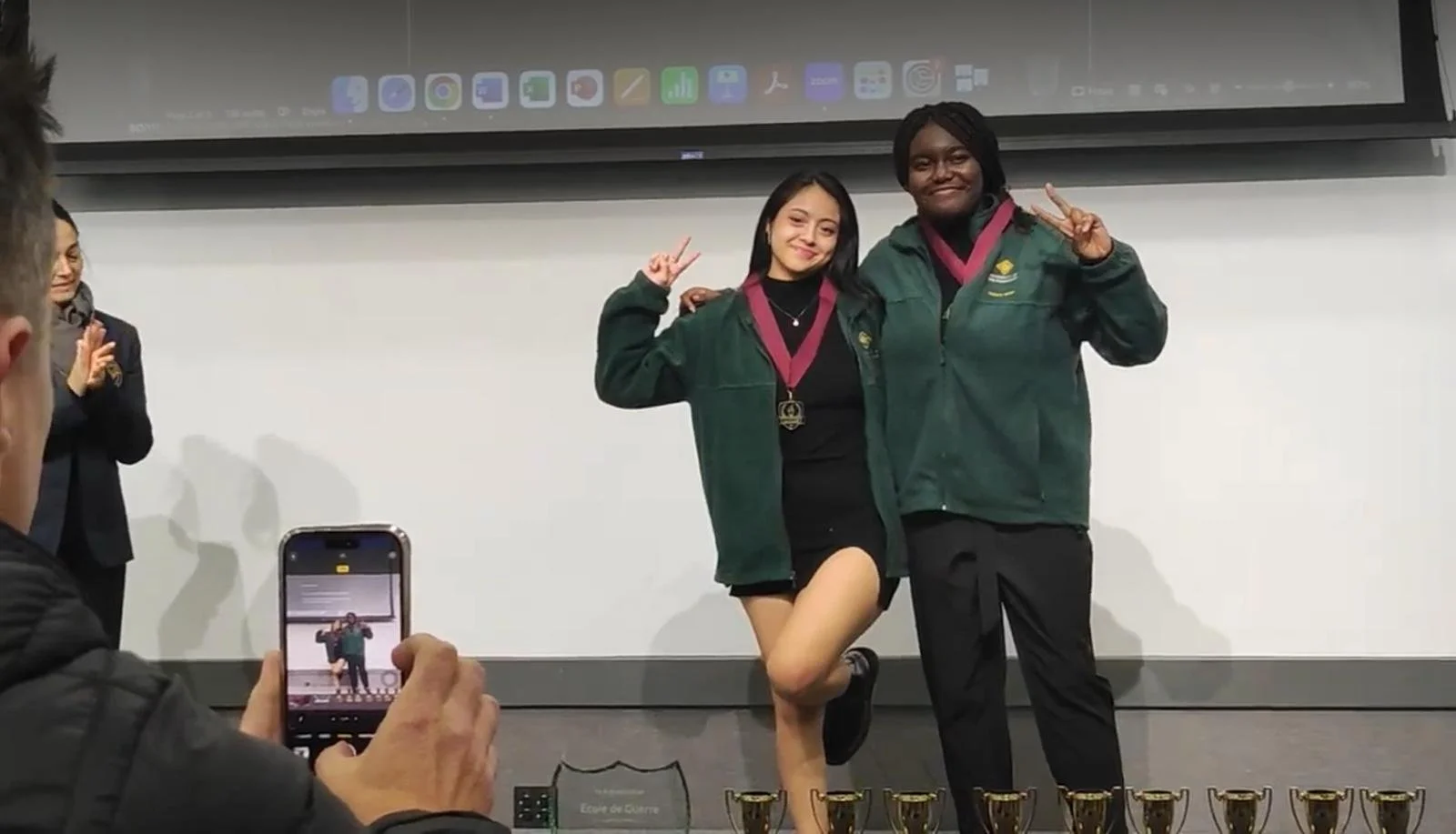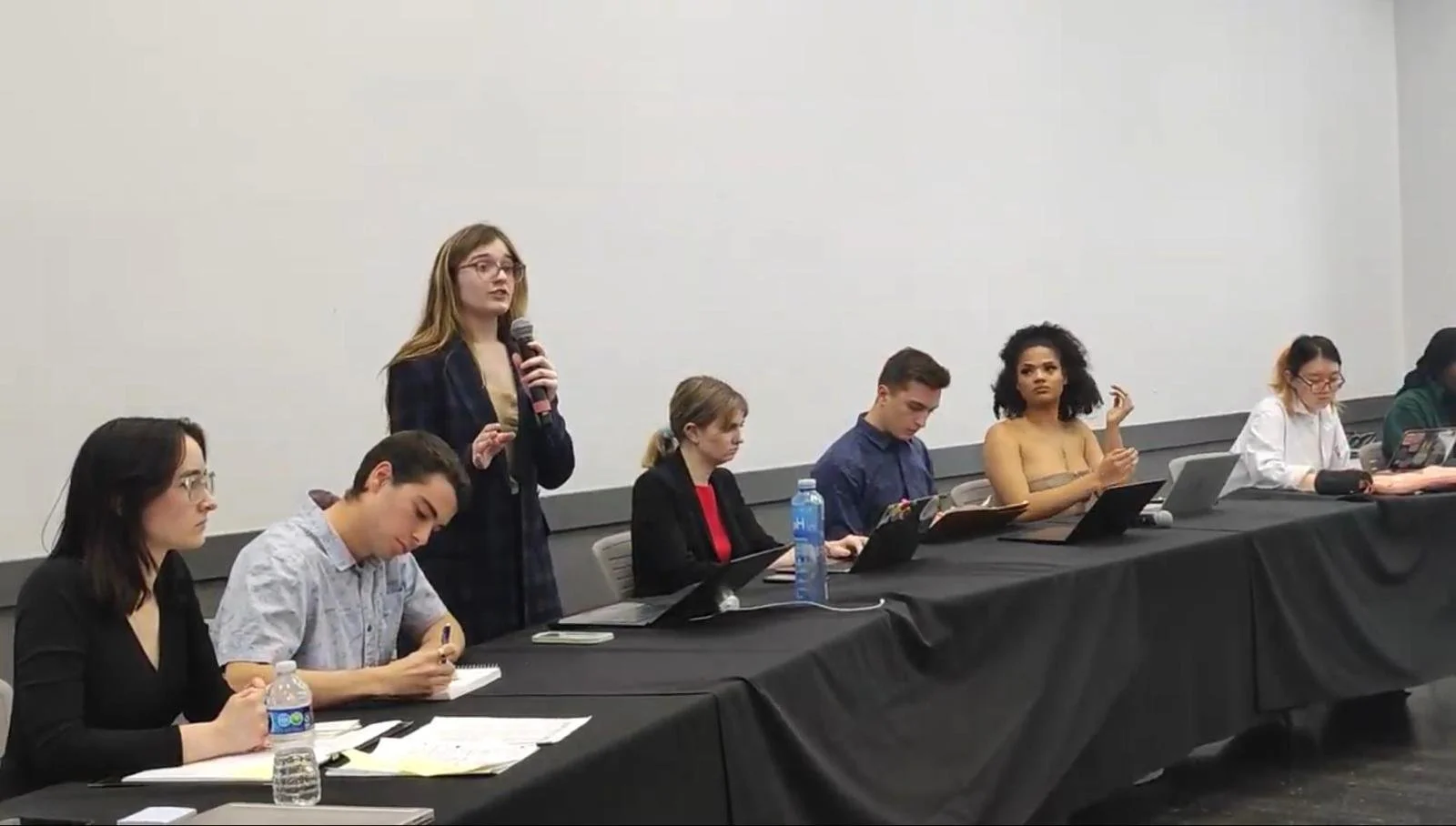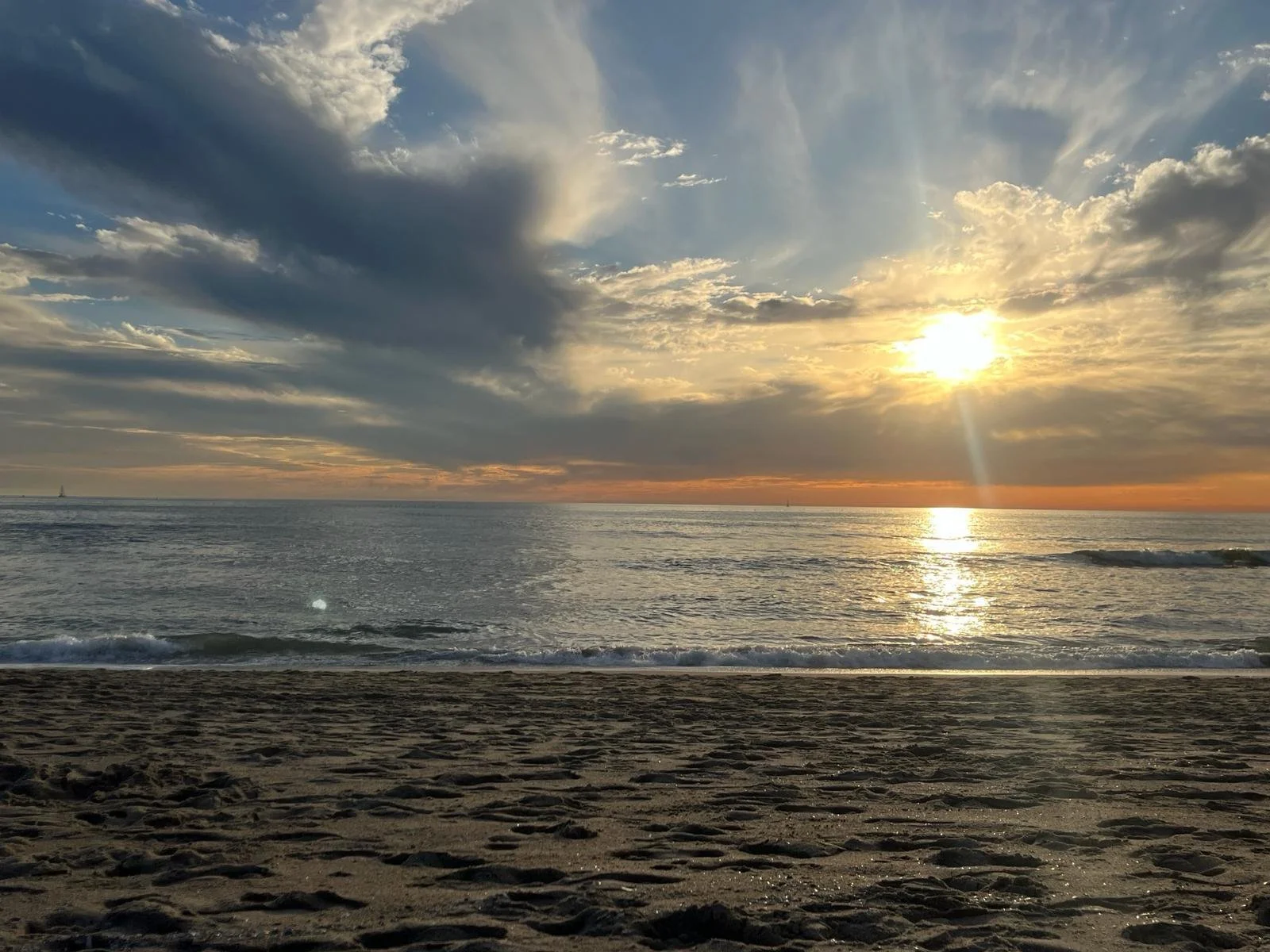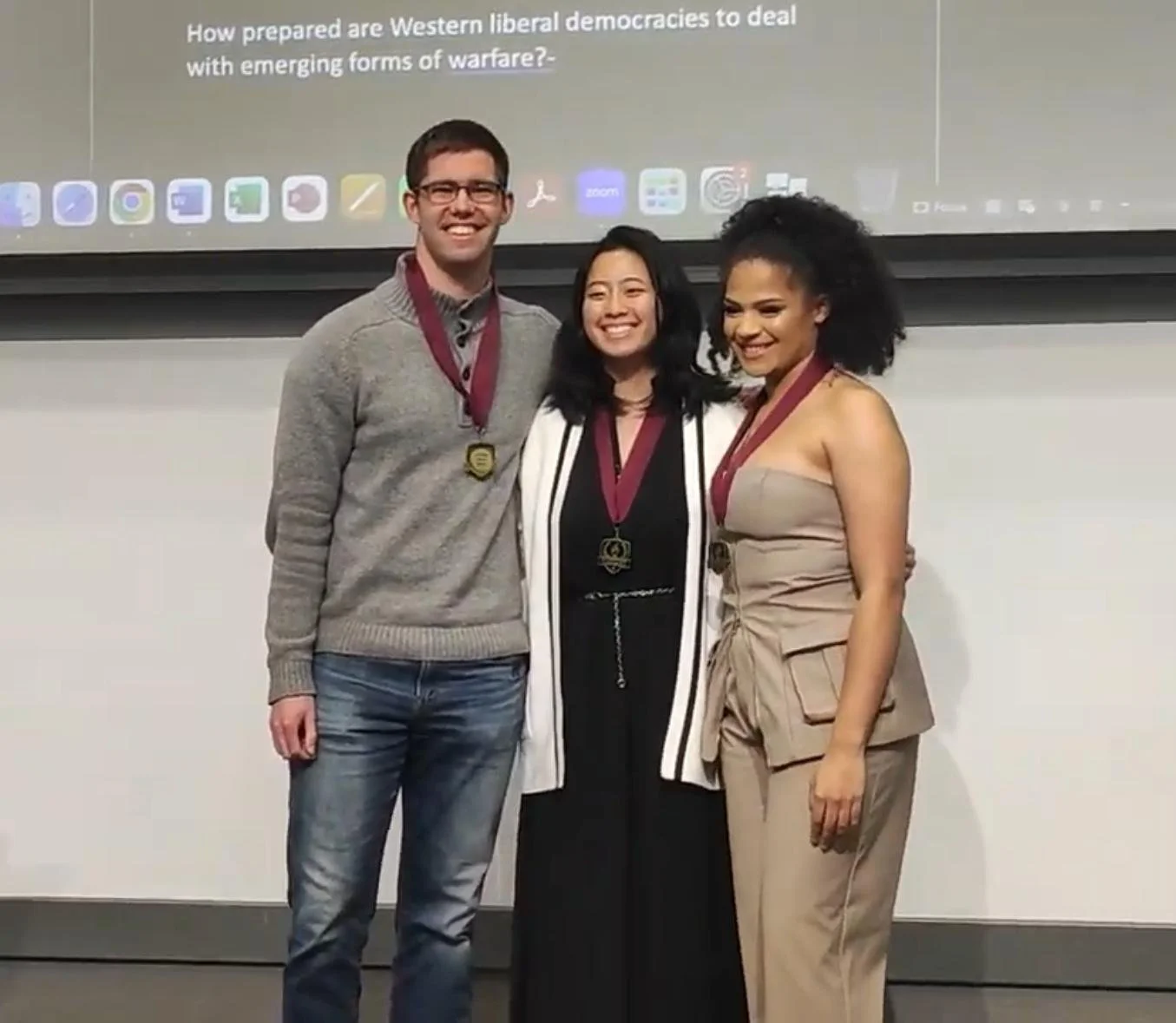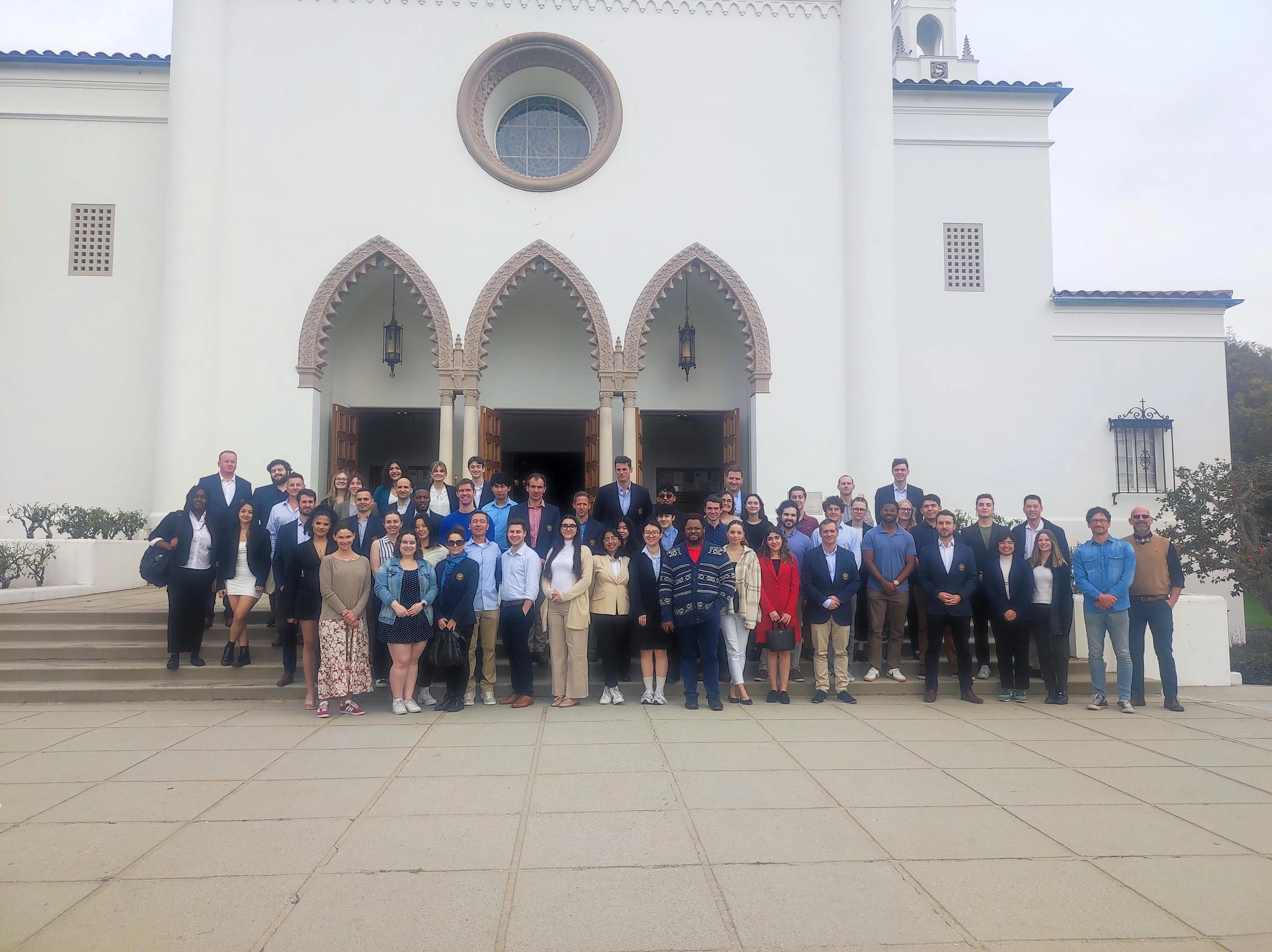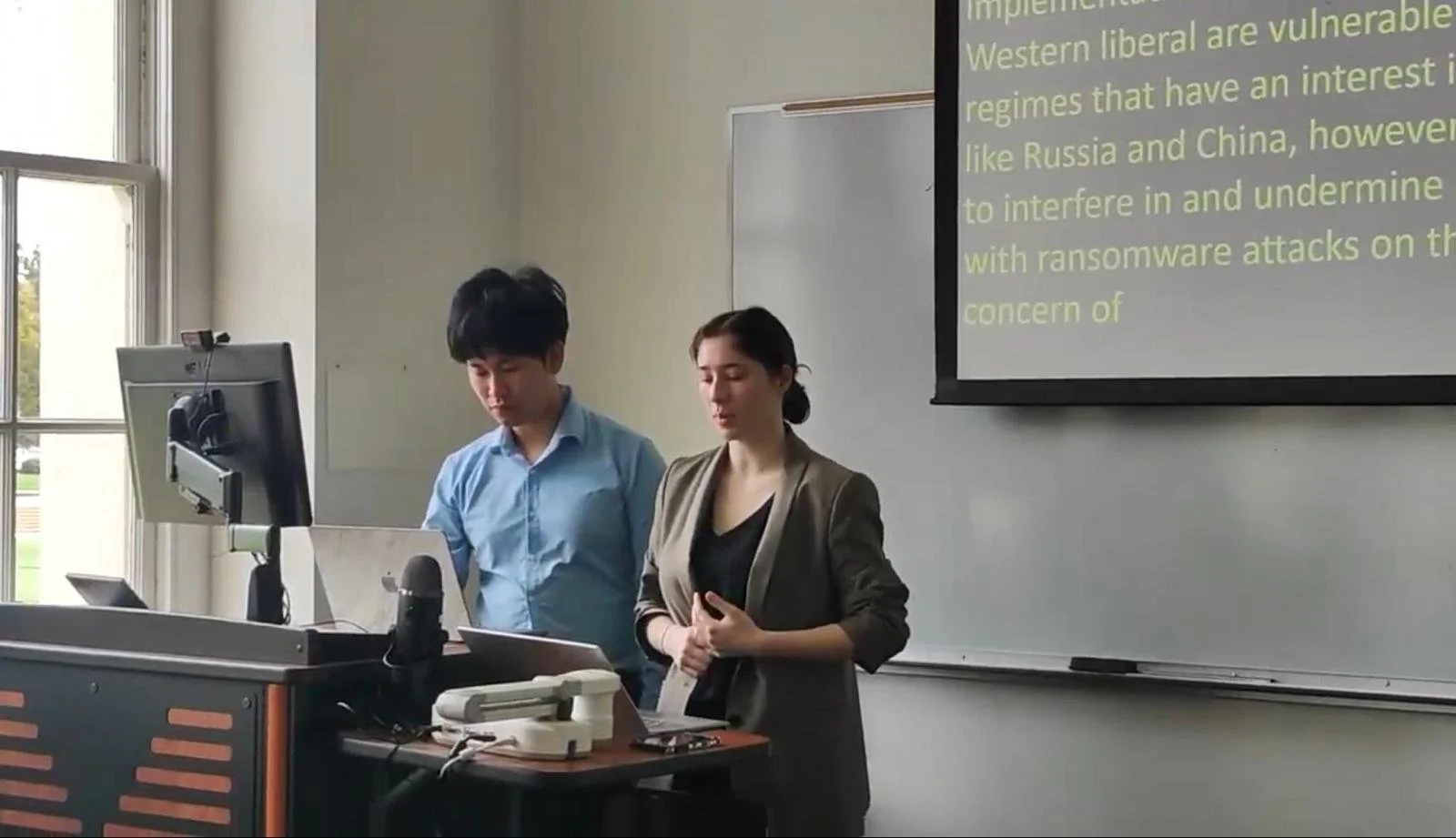TRANSATLANTIC DIALOGUES
2024
Founded by École de Guerre and The George Washington University, Transatlantic Dialogues for Future Leaders is an annual intercollegiate dialogue series bringing together US and European university students to analyze and discuss important transatlantic topics. During the 2023 series, students developed, presented and defended policy proposals for transatlantic engagement with Russia.
SCHEDULE
FEBRUARY 24
LOS ANGELES, LOYOLA MARYMOUNT UNIVERSITY (LMU)
APRIL 20
WASHINGTON DC, GEORGE WASHINGTON UNIVERSITY (GW)
JUNE 24
PARIS, FRANCE, ÉCOLE DE GUERRE (EDG)
École de Guerre
For the third and final tournament in the 2024 series, held at École de Guerre in Paris, students presented and defended policy proposals on the topic: “What are the most effective approaches for militaries in Western liberal democracies to recruit individuals to counter emerging forms of warfare?”
The Transatlantic Dialogues use a “collaborative debate” format. Teams are not assigned to defend particular perspectives on a topic. Instead, teams choose their positions and are judged based on the quality of their presentations, arguments, scholarship, and value of their contribution to Transatlantic dialogue around the topic area. In other words, teams ought to seek to present and defend their positions, productively engaging and critiquing their opponents' positions, for the benefit of an audience of Transatlantic security and military stakeholders seeking to determine the best possible policy proposal.
TIMELINE
June 20: Arrival in Paris
June 21: Cultural Activity
June 21: École de Guerre Gala
June 24: Transatlantic Dialogues at EdG
“What are the most effective approaches for militaries in Western liberal democracies to recruit individuals to counter emerging forms of warfare?”
FORMAT
Team A Present & Defend
Team A presents position — 6 minutes 3 Questions, Statements and/or Arguments from Team B. Each question or argument from Team B should be no longer than 30 seconds. Each response from Team A should be no longer than 90 seconds. Teams should use a running clock and cease speaking immediately upon the expiration of their allotted time.
Statement by Team B on Team A’s presentation - 6 minutes
Questions from Judging Panel to Team A - 6 minutes
Concluding statement from Team A - 3 minutes
5 Minute break
TO WATCH THE DEBATE:
FORMAT
Team B Present & Defend
Team B presents position — 6 minutes 3 Questions, Statements and/or Arguments from Team B. Each question or argument from Team A should be no longer than 30 seconds. Each answer from Team B should be no longer than 90 seconds. Teams should use a running clock and cease speaking immediately upon the expiration of their allotted time.
Statement by Team A on Team B’s presentation - 6 minutes
Questions from the Judging Panel to Team B - 6 minutes
Concluding statement from Team B - 3 minutes
All speech time is “shared time.” This means the team may share the time between their team members and alternate speaking as they see fit. Judges are encouraged, however, to prefer balanced team presentations rather than presentations in which a single team member dominates the allotted speech time.
To delve deeper
Climate Equity–Centered Deliberative Conversations, RAND CAREP.
Deliberative Conversation – Rules for Engagement by Dr. Rhianna C. Rogers.
Deliberative practices in an everchanging online world by Mark Magnon and al., Journal of Engaged Research.
Equity Centered Deliberative Conversations (ECDC) by Dr. Rhianna C. Rogers and Sara A. Mehltretter Drury, Journal of Engaged Research.
From Vision to Action: Implementing DEI in Policy Decision Making by Dr. Rhianna C. Rogers.
Reflexivity and Cultural Schemas as an approach to Intercultural Competency By Dr. Menoukha Case and Dr. Rhianna C. Rogers.
The Value of Deliberative Conversation in Participatory Action Research by Dominique M. Murawski and al., Rockefeller Institute of Government.
George Washington University
20/04/24
For the second tournament in the 2024 series, held at The George Washington University, students presented and defended policy proposals on the topic: “How, if at all, should Western liberal democracies prioritize diversity, equity, and inclusion to enhance unit cohesion and military readiness?”
Training programs focusing on diversity, equity, and inclusion have become integral parts of military education and professional development. These programs aim to raise awareness about 2 unconscious biases, promote cultural competence, and equip service members with the skills to work effectively in diverse teams. Efforts to enhance diversity in the military often involve targeted recruitment strategies and outreach programs aimed at underrepresented communities. By actively seeking out talent from diverse backgrounds, military organizations can strengthen their ranks and better reflect the societies they serve. Partnerships also play a key role in extending into diverse communities and building networks to optimize recruiting efforts.
Pictures
Loyola Marymount University
24/02/24
The officers of École de Guerre mentored students from across the U.S. to discuss talent acquisition and retention. Students and officers reflected on the next biggest threats and whether we are ready to face them. Insights from both parties highlighted the stakes of the “war for talent.”
Diversity, Equity, Inclusion (DEI)
Diversity, Equity, Inclusion, commonly known as DEI, is a framework aimed at promoting safe work culture. Policies and practices are now part of society, fostering inclusivity for everyone within businesses, private companies and universities.
Find out more about the subject in this reading list:
Pictures
2023 Series
The 2023 Transatlantic Dialogues series consisted of three separate events hosted by Pepperdine University, The George Washington University, and École de Guerre. During the events, students engaged the topic area of transatlantic great power competition with Russia by engaging three different topics in three different formats:
Transatlantic Dialogues for Future Leaders Championship
Championship - Friday, June 23
Cultural Experience & Topic Explorations - Saturday, June 24
Ecole de Guerre Summer Gala - Sunday, June 25
